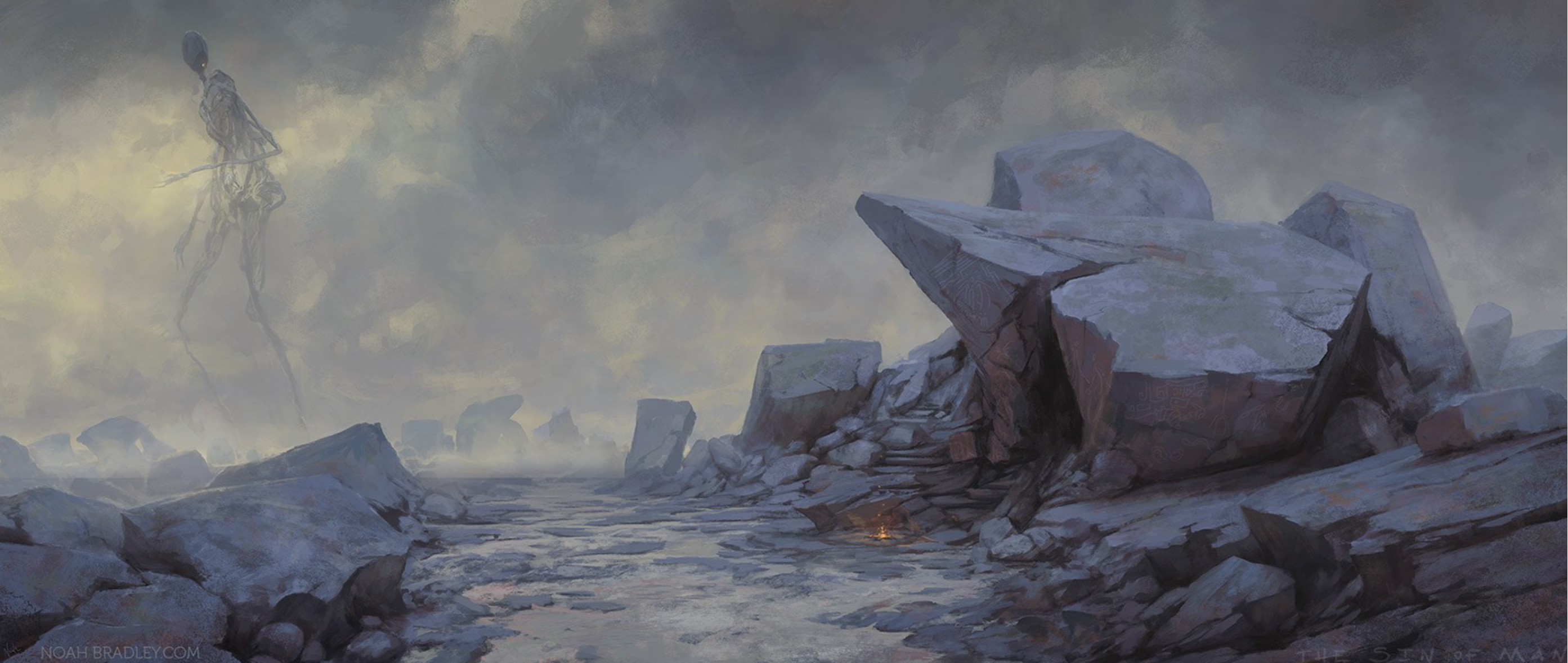Doc McStuffins creator Chris Nee joins Craig and John to answer listener questions that have nothing to do with screenwriting.
On the romance side: How do you break up with someone? Should you follow a boyfriend to Boston? Is it better to love or be loved?
On the life side: What lessons did it take until our 40s to learn?
Links:
* [Chris Nee](http://www.imdb.com/name/nm1349008/) on [Twitter](https://twitter.com/chrisdocnee), and [Doc McStuffins](https://en.wikipedia.org/wiki/Doc_McStuffins)
* [Serial, season 2](https://serialpodcast.org/season-two)
* [Coquito](https://en.wikipedia.org/wiki/Coquito)
* Throw pillows on [Amazon](http://www.amazon.com/s/ref=nb_sb_noss_2?url=search-alias%3Daps&field-keywords=throw+pillows), [Pier 1](http://www.pier1.com/pillows-cushions/pillows/pillows,default,sc.html), [Overstock](http://www.overstock.com/Home-Garden/Throw-Pillows/2011/subcat.html), [Target](http://www.target.com/c/throw-pillows-home-decor/-/N-5xttp) and [Google](https://www.google.com/search?q=throw+pillows&rlz=1C5CHFA_enUS504US504&oq=throw+pillows&aqs=chrome.0.69i59j69i60.1095j0j7&sourceid=chrome&es_sm=91&ie=UTF-8)
* [How the Western Diet Has Derailed Our Evolution](http://nautil.us/issue/30/identity/how-the-western-diet-has-derailed-our-evolution)
* [Fecal Microbiota Transplants](http://thefecaltransplantfoundation.org/what-is-fecal-transplant/)
* [Sign up for Be The Match and save a life](https://bethematch.org/)
* [Outro](http://johnaugust.com/2013/scriptnotes-the-outros) by Rajesh Naroth ([send us yours!](http://johnaugust.com/2014/outros-needed))
You can download the episode here: [AAC](http://traffic.libsyn.com/scriptnotes/scriptnotes_ep_229.m4a) | [mp3](http://traffic.libsyn.com/scriptnotes/scriptnotes_ep_229.mp3).
**UPDATE 12-24-15:** The transcript of this episode can be found [here](http://johnaugust.com/2015/scriptnotes-ep-229-random-advice-2015-transcript).
